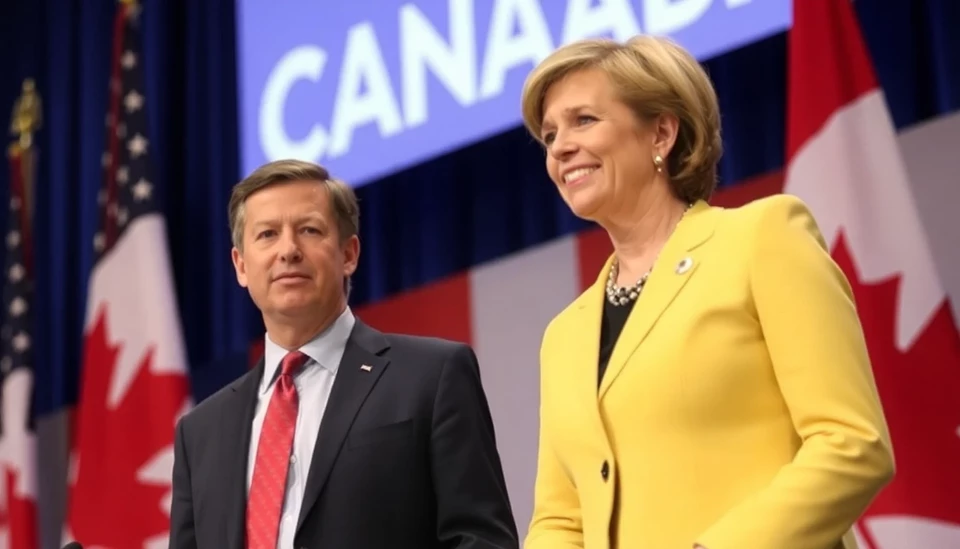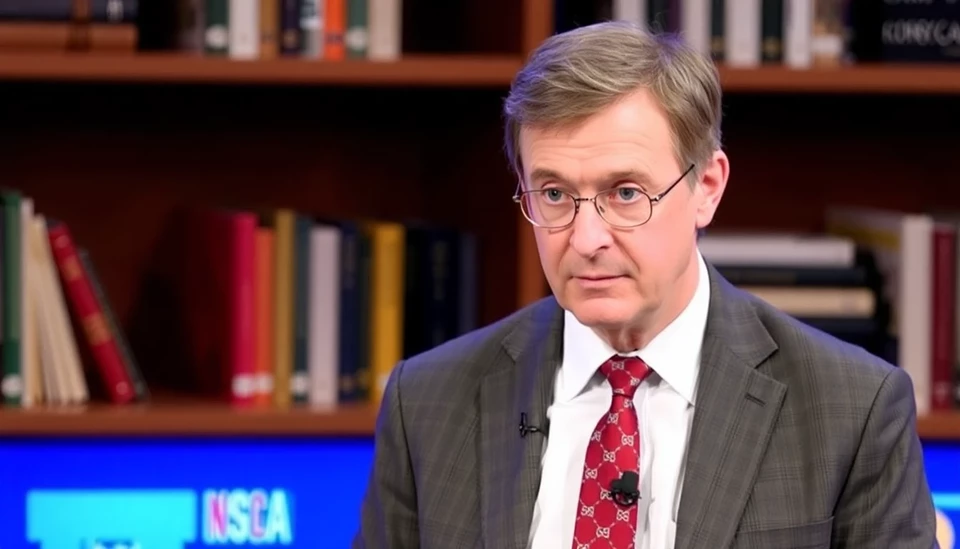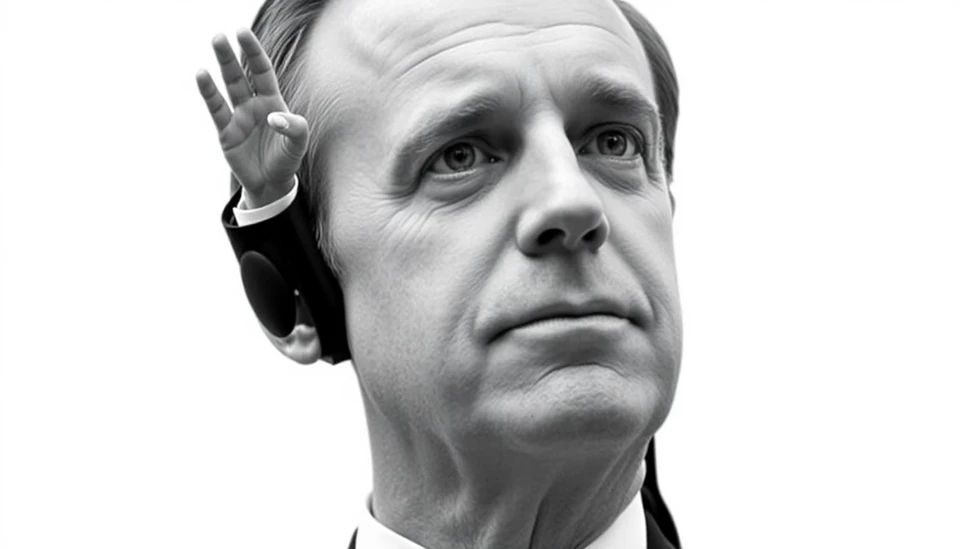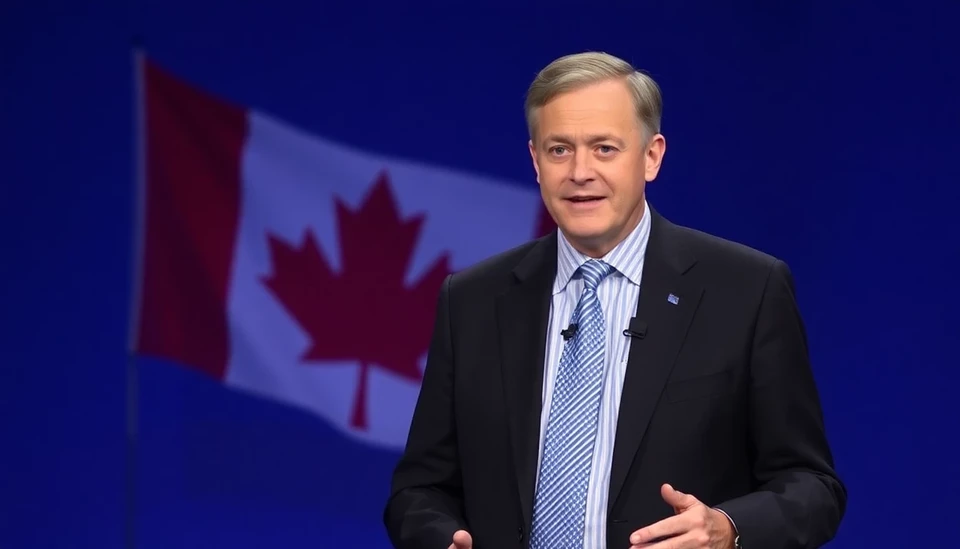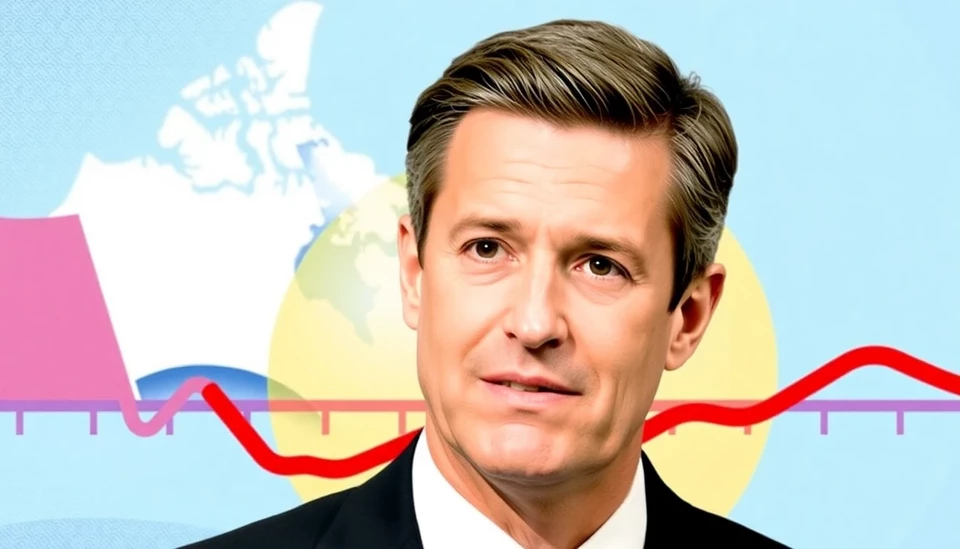
Mark Carney, the former Bank of England governor, is back in the spotlight as he prepares to guide Canada’s response to recent auto tariffs imposed by the United States. His wealth of experience in economic policy and international finance puts him at the center of a critical moment for Canada's automotive industry. As the Biden administration seeks to protect American jobs through stringent trade measures, Carney faces a complex challenge: navigating the economic repercussions for Canadian manufacturers while ensuring the nation's automotive sector remains competitive.
The imposition of higher tariffs, particularly on vehicles and auto parts, has the potential to disrupt trade relations and impact job security in Canada, where many communities rely heavily on the automotive sector. Analysts are closely monitoring how Carney will approach negotiations and whether he will champion a strategy that emphasizes collaboration with the U.S. or take a more confrontational stance in defense of Canadian industry.
With the auto industry being a significant contributor to Canada's GDP, representing thousands of jobs and numerous suppliers, Carney's actions in the coming weeks will be pivotal. His role as Canada’s special envoy to the world’s climate change effort has already set a precedent for addressing global issues. Now, he must pivot to focus on the immediate economic concerns posed by U.S. trade policies.
Critics are questioning whether Canada has a robust plan in place to counter these tariffs. Many Canadian manufacturers are concerned about their competitiveness in the face of increasing costs associated with tariffs on materials and components sourced from the U.S. Carney's ability to forge an effective response could determine the long-term viability of automotive production in Canada.
The backdrop to these developments is the ongoing tension in U.S.-Canada trade relations, with negotiations already representing significant stakes for both nations. With the influence of the automotive sector permeating economic stability and national identity, Carney’s strategy must balance short-term defensive measures with long-term constructive engagement in trade discussions.
Carney is expected to engage with various stakeholders, including industry leaders, labor representatives, and policymakers, to seek a multi-faceted approach to these challenges. His previous experience at the forefront of international economic discussions equips him with the insight needed to strike a balance between assertive advocacy for Canadian interests and the necessity of maintaining cordial relations with the U.S.
As the situation develops, all eyes will be on Carney's next steps, which could include pursuing alternative trade agreements or negotiations to mitigate the impacts of the tariffs. The outcome will not only shape the future of Canadian auto manufacturing but could also redefine how Canada positions itself in broader trade discussions moving forward.
In summary, Mark Carney is positioned uniquely to respond to a pressing economic challenge, balancing the priorities of trade, industry stability, and diplomatic relations amid a changing global landscape. The coming weeks are critical, and the repercussions of decisions made will be felt long into the future.
#MarkCarney #AutoTariffs #CanadaTrade #USCanadaRelations #AutomotiveIndustry #EconomicPolicy
Author: Daniel Foster
